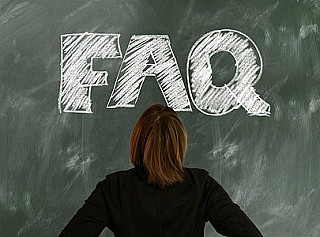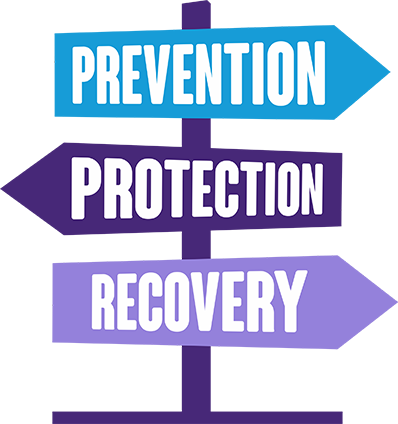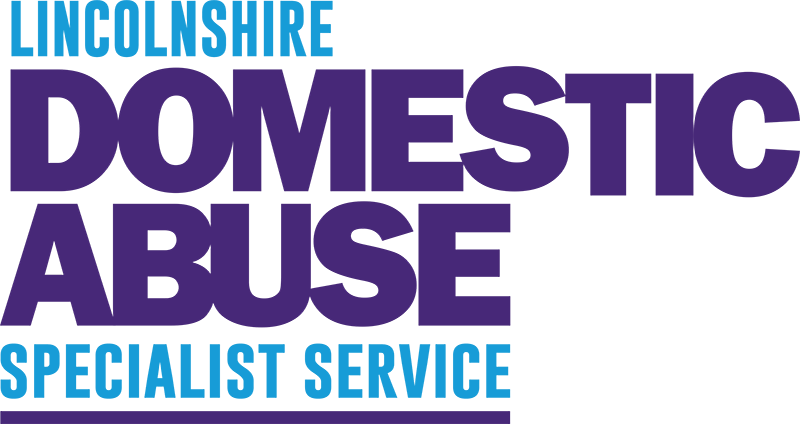Children & Young Person Support

Children and young people who are exposed to domestic abuse often experience emotional distress and persistently high levels of anxiety, which can impact their progress and development into later life. They may also exhibit behaviours such as feeling angry, guilty, insecure, alone, frightened, powerless, and confused.
Below are some ways in which domestic abuse can affect a child or young person:
- They are denied a positive role model
- The abuse can harm the parent-child bond
- They can develop negative core beliefs about themselves
- They can be isolated from helpful sources of support
- Their coping and survival styles may become problematic
- They can believe that victimisation is normal or inevitable and develop rationalisations for the abuse.
The Children and Young People (CYP) support service provides up to eight weeks of structured and personalised support for eligible children and young people, aged 5-16 years old, or up to the age of 25 if they are “LAC” or “SEND”. The aim is to increase their safety, achieve identified support outcomes, improve their well-being, and promote recovery.
To access specialist support from a CYP worker, the non-abusive parent/caregiver must be engaging with the Adult Support Service. Referrals are made internally via the Specialist Domestic Abuse Practitioner supporting the non-abusive parent/caregiver. If the child/young person is LAC/SEND/SGO, a direct referral from a professional such as a social worker is accepted. Direct referrals are also accepted if a young person is or has been in a domestic abuse relationship.
The CYP practitioner offers family focus sessions (either two or three sessions) to rebuild bonds that have been broken down due to the effects of domestic abuse. They also offer up to six 1:1 sessions with the child/young person, emotional and practical support, safety planning, exploring healthy and unhealthy relationships, and building self-esteem and self-worth.
For young people aged between 12 and 16 years old, group work via Zoom or MS Teams is available.
Frequently Asked Questions
 My case has been allocated to a CYP Practitioner, what should I expect?
My case has been allocated to a CYP Practitioner, what should I expect?
After your case has been allocated to a CYP Practitioner, they will attempt to contact you within three working days using the safe methods agreed upon with you. If they are unable to reach you after three attempts, your case will be closed, and you will need to contact the Support Hub for further assistance.
What happens when the CYP practitioner makes contact with me?
During the initial contact, the CYP Practitioner will determine whether there have been any changes in circumstances since the referral was made. They will discuss the support that your child/ren will be eligible for and seek your consent to work with them on a 1:1 or group basis. If the support includes family focus sessions, the practitioner will book all sessions in advance with you during this contact. This is also your opportunity to share any concerns you may have and ask questions about the support.
What if I change my mind about the support?
You have the right to withdraw from the support at any point as engagement with the service is voluntary. Please let us know if you no longer want support, and we will close your case.
Will my sessions be confidential?
All information discussed during the sessions will remain confidential and will not be disclosed to anyone unless:
- You provide consent to do so
- We are required to do so by law
- We believe that you, or someone else, are at serious risk of harm.
There may be instances where confidentiality needs to be breached, such as in the event of a court order breach or a disclosure of harm or potential harm towards a child or vulnerable adult. Where possible and without putting anyone at increased risk of harm, we will explain to you the information that needs to be shared, with whom, and for what purpose or outcome.
How often will my sessions be?
Sessions are generally structured to take place weekly or fortnightly in school. However, in exceptional circumstances and during school holidays, we may offer sessions via Zoom, MS Teams, a children's centre, or a GP surgery. We will discuss and agree on this with you.
What if my child needs more support?
We will support your child(ren) to exit the service in a planned way and refer you to other appropriate agencies if we feel that further support is necessary.

